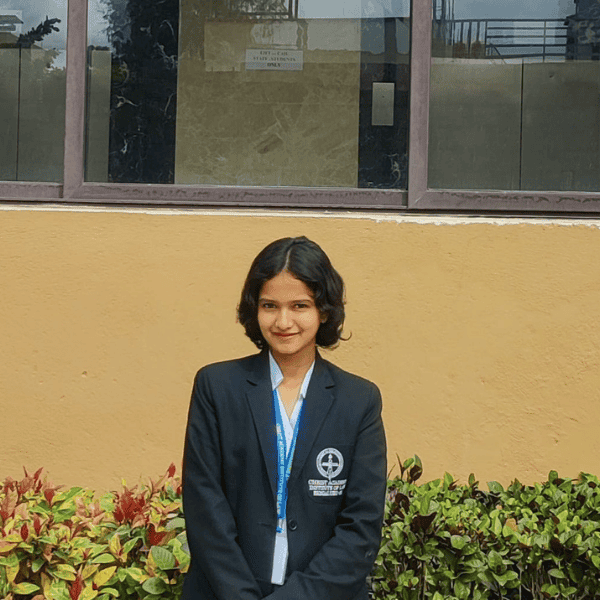Indian-American Yale researcher receives NIH High-Risk, High-Reward Award
Garg’s lab at Yale is pioneering the study of how non-genetic factors contribute to cell diversity, a key area in understanding cancer development.
 Salil Garg. / Image - Yale
Salil Garg. / Image - Yale
Yale School of Medicine’s Indian-American professor of laboratory medicine, Salil Garg, was awarded a High-Risk, High-Reward (HRHR) New Innovator Award by the National Institutes of Health (NIH).
This recognition supports his innovative research into non-genetic heterogeneity, a phenomenon where cell systems with the same genetic makeup can form diverse states and functions.
Garg’s research combines genomics, molecular biology, cell biology, systems biology, and machine learning to investigate how differences between cells arise under seemingly uniform conditions. His laboratory focuses on studying stem cells and cancer, with the ultimate goal of applying this knowledge to develop new cancer diagnostics.
The New Innovator Award, which is part of NIH’s HRHR Research Program, supports early-career investigators conducting unusually innovative work. It is granted to researchers within 10 years of completing their final degree or clinical residency and who have not yet received a major NIH grant.
Prior to joining Yale, Garg completed a bachelor’s degree in chemistry at the University of Chicago and received MD-PhD training through the Harvard-MIT combined program. His dissertation work explored how small regulatory RNA molecules affect cellular interactions in the immune system.
Garg later completed a postdoctoral fellowship at MIT’s Koch Institute for Integrative Cancer Research before starting his own laboratory at Yale in 2022.
ADVERTISEMENT
ADVERTISEMENT
E Paper
Video

 Bhavana P
Bhavana P

 (1).jpg)


.jpg)

.jpg)
.jpg)
.jpg)
.jpg)

Comments
Start the conversation
Become a member of New India Abroad to start commenting.
Sign Up Now
Already have an account? Login